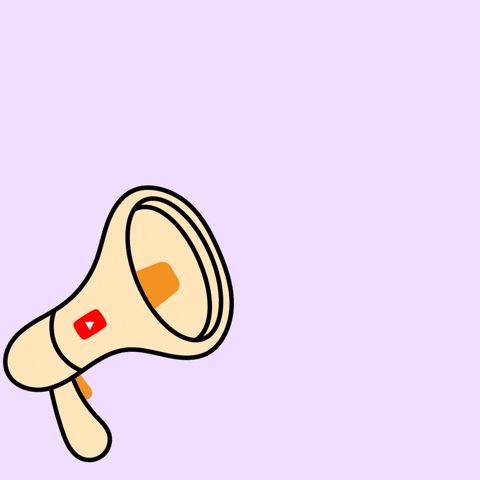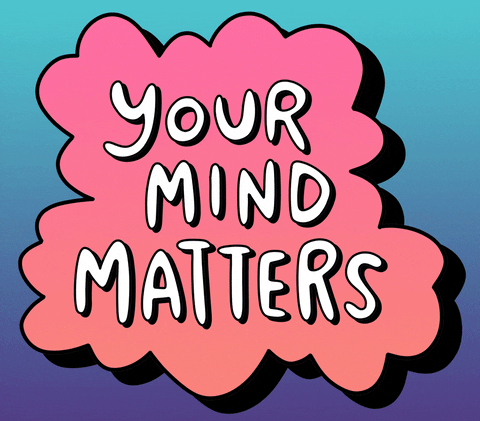Neurodiversity Celebration Week
- Parents forum
- :
- Explore Ideas and Options
- :
- ReachOut Discussions
- :
- Neurodiversity Celebration Week
- Parents forum
- Chill out and info
- Introductions and chat
- Community info
- Common Concerns
- Concerned about my teen
- Everyday parenting
- Parents and carers connect: It’s complicated
- Explore Ideas and Options
- ReachOut Discussions
- Ask A Professional
- Live chats archive
- Single parents, carers and blended familes
- Parenting and COVID
- Subscribe to RSS Feed
- Mark Topic as New
- Mark Topic as Read
- Float this Topic for Current User
- Bookmark
- Subscribe
- Printer Friendly Page
- Mark as New
- Bookmark
- Subscribe
- Subscribe to RSS Feed
- Permalink
- Report Inappropriate Content
Neurodiversity Celebration Week


03-23-2022 03:18 PM
We recently had a guest come and post on our online community for young people to mark Neurodiversity Celebration week. We thought this piece had a lot to offer to parents and carers who may be neurodiverse, parenting young people who are neurodiverse, or both- so we wanted to share it here as well.
Neurodiversity or neurodivergent is an umbrella term that captures the experience of Autism, ADHD, Dyslexia, Tourettes, OCD and more. We welcome anyone who can add to that list to do so, and if you fit anywhere in it, we'd love to hear about how you celebrate your neurodiversity 🎉
We have a guest who'd like to share their thoughts about neurodiversity as a peer and psychologist to get the conversation going. Our guest will be sharing their story and some tips for those of you who live with ADHD. Check it out below 👇🏽
Ahoy! My name is Lauren (call me Loz), and I’m both a psychologist and a neurodiverse person living with ADHD, generalised anxiety and a tic disorder. I’m so stoked to be thinking and talking about how ADHD can impact upon mental health, and sharing some of what I’ve learned about managing this over the years. Before we get into it, I think it’s important to note that it’s not all doom and gloom. In some ways living with ADHD presents with unique challenges and difficulties, but it's also one of the things I love the most about my brain.
Neurodiversity is awesome! My ADHD allows me to hyper fixate on things that I love, it makes me sensitive to my loved ones around me, and it means that my brain is creatively wired to come up with a bunch of different movie ideas every day. ADHD is something to navigate but also something to celebrate. It’s part of what makes us unique. Whether you’re someone who has ADHD themselves (pre or post diagnosis) or knows someone who does, I hope that this little piece is helpful in shedding light on some possible tips and tricks of the trade.

1. The most helpful thing I’ve learnt about managing my mental health in the context of ADHD is to understand which parts of the day are hardest and easiest for me and to adjust my day and more importantly my expectations accordingly. For me, I take a while to get going in the morning and typically have a dip of energy around lunch time. I do my best work from 10am-2pm, so I try my darnedest to save harder tasks for these times. I find that not only does this make me more productive, but it limits my anxiety around making sure I get these tasks done and making sure things don’t build up.

2. The second is all around understanding yourself and trying to communicate this with loved ones so they can support you the best way possible. For some people, this might mean understanding how your menstrual cycle impacts on symptoms, or if there are certain triggers/situations that are draining or anxiety provoking for you. Because the ADHD brain is sensitive to any perceived threat in the environment, this can mean that stressful situations can truly take the wind out of us, as we’re constantly scanning our surroundings. This might look like journaling your mood, concentration/other symptoms, and correlating this with times of the day or month. Try to include people close to you in what you learn about yourself so that they can be more sensitive to your needs at different points in time. View yourself with compassion during times that are hard for you, and adjust the demands that are placed on you where you can.

3. There is no shame in asking for help and there are plenty of great therapists out there that specialise in this area. If you’re not sure where to start, I recommend having a look at the APS Find a Psychologist website as a starting point. Neurodiversity is great, and we owe it to ourselves to celebrate it and nurture our mental health all at once.
We'd love to hear from you: what's your experience with neurodiversity? Are there any strategies that you use to help you or your young person manage their mental health?
- Mark as New
- Bookmark
- Subscribe
- Subscribe to RSS Feed
- Permalink
- Report Inappropriate Content
Re: Neurodiversity Celebration Week
03-25-2022 09:04 PM
Neurodiversity Celebration week aims to encourage a shift in focus away from our perceived weaknesses towards the many strengths and positive aspects that being Neurodivergent brings.
- Mark as New
- Bookmark
- Subscribe
- Subscribe to RSS Feed
- Permalink
- Report Inappropriate Content
Re: Neurodiversity Celebration Week
03-28-2022 04:02 PM
Couldn't agree more @maxnally ![]()
Although being neurodivergent can bring a lot of obstacles to get past, it can also bring so many positives too! As someone who is neurodivergent myself, I can confirm that there are definite tough times. But overall, I love how creative, honest and perceptive my brain is ![]()
Hi there!
It looks like you’re visiting us from a country other than Australia.
We are an Australian service and think you’d benefit more from looking up a similar service in your country.
You are welcome to look around the forums, but please don’t make an account or post, as we can’t offer you the help you may need.
Before you go ahead and post, you should know that we remove non-Australian accounts – not because we don’t want to help or connect with you, but because we may not be able to provide you with the service that you require.
